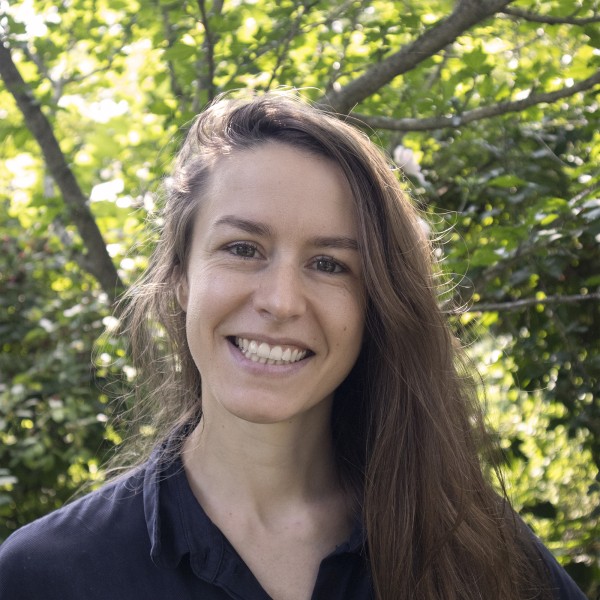Perspectives in Global Development: Spring 2023 Seminar Series
US farmers have all the tools to take advantage of food waste diversion from landfills. They have the physical tools on the farm and the knowledge necessary to turn “waste” into a valuable product. They can use the replenished soil on farm or capitalize on the opportunity to sell it to the public through local garden stores and even box store locations. This is not a new concept, people for thousands of years have known the value of biodegradable waste, we have just lost sight of it for the last few decades, and in the US we end up landfilling most of our food waste. The current rates for garbage handling and disposal are very high and local farms can take advantage of the key alternative income streams. Contamination needs to be monitored as with all other farm inputs, but food waste offers a good opportunity to reduce the dependence on chemical fertilizers, improve farm viability, and support local resource resiliency. Policy-makers, legislators, and other decision makers need to see this opportunity and use a wide range of legislative tools to enable farmers to solve the food waste problem. One example could be: state legislators tax landfills or large food producers for accepting or generating food waste and use the proceeds to pay for farm scale implementation. Some farm scale improvements might be a dumping pad, road improvement, billing support, branding help, or other expenses that farmers might need to spend in order to maximize value out of the waste. Our policy makers and researchers have been pointing towards large centralized digesters as the solution to food waste. While this is a solution, it might not be the right solution. We need to engage farms of all different sizes to play a role in organic waste diversion so they can build their soil and improve their bottom line.
About the speaker
Jacob Fox has 6 years of experience working in the composting and vermicomposting industries. He secured grant funds and the development of a 2000-ton capacity vermicomposting operation in Geneva, NY. Fox managed that facility for 1 year, while also registering several farms with NYSDEC to accept food waste. Fox has a wide range of experience from the front end (food processors all the way to individuals) to the back end (hauling, contract negotiation, composting/vermicomposting, soil amendments sales, research, trade shows, FDA, and many more). Fox has also consulted with a wide range of companies and farmers in the regenerative agriculture space. He is also developing a 50-acre silvopasture operation that will involve agri-tourism, research, community tours, among other projects. Fox is very passionate about helping farms make more money for their products as well as their ecosystem services.
About the seminar series
The Perspectives in Global Development seminars are held Wednesdays from 12:25 – 1:15 p.m. eastern time during the semester. The series will be presented in a hybrid format with some speakers on campus and others appearing via Zoom. All seminars are shown in Emerson Hall 135. Students, faculty and the general public are welcome to attend. The series is co-sponsored by the Department of Global Development, the Department of Natural Resources and the Environment, the Charles H. Dyson School of Applied Economics and Management, and the School of Integrative Plant Science as part of courses GDEV 4961, AEM 4961, NTRES 4961, GDEV 6960, AEM 6960, and NTRES 6960.
Date & Time
March 8, 2023
12:25 pm - 1:15 pm
Location

More information about this event.
Contact Information
Jenna LaMendola, Admin assistant, Global Development
- JLaMendola [at] cornell.edu
Speaker
Jacob Fox, Regenerative systems consultant
Departments
Global Development Section
Related Events

We openly share valuable knowledge.
Sign up for more insights, discoveries and solutions.



